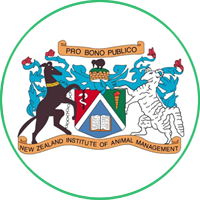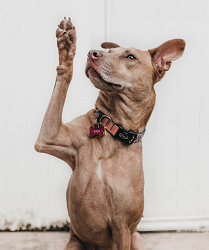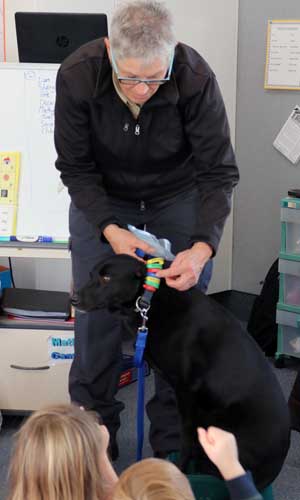Dogs – let’s get one… or should we?
So you think you’d like a dog?
Before getting a dog you need to consider...Owning and caring for a dog is a huge responsibility and needs to be carefully considered. A dog is not an impulse buy, so never give or receive a puppy as a gift. It is important to choose a dog that will suit your family and your lifestyle. Your local Council or vet will provide you with information to help you make the best choice.
What sort of dog?
Before getting a dog you need to consider...The breed you choose will depend on what you want a dog for e.g. family pet, farm dog, hunting dog or guard dog. The type of property you live in will also determine what size of dog is more suitable. Pure breed or cross breed? Long hair or short hair? Male or female? Puppy or adult?
Can you afford a dog?
Before getting a dog you need to consider...Can you afford food, housing, annual registration, vaccinations, neutering, vet bills, worming and flea treatments? Perhaps you should also consider the cost of puppy pre-school, dog obedience classes and holiday boarding kennels.
Do you have the time and energy?
Before getting a dog you need to consider...Dogs need company. They need to be walked and played with every day. They need to be trained and they need leadership. If you don’t understand dog behaviour, will you realistically have the time to find out?






